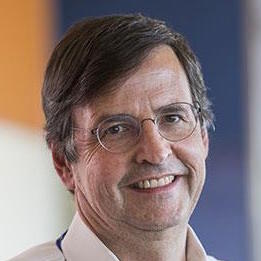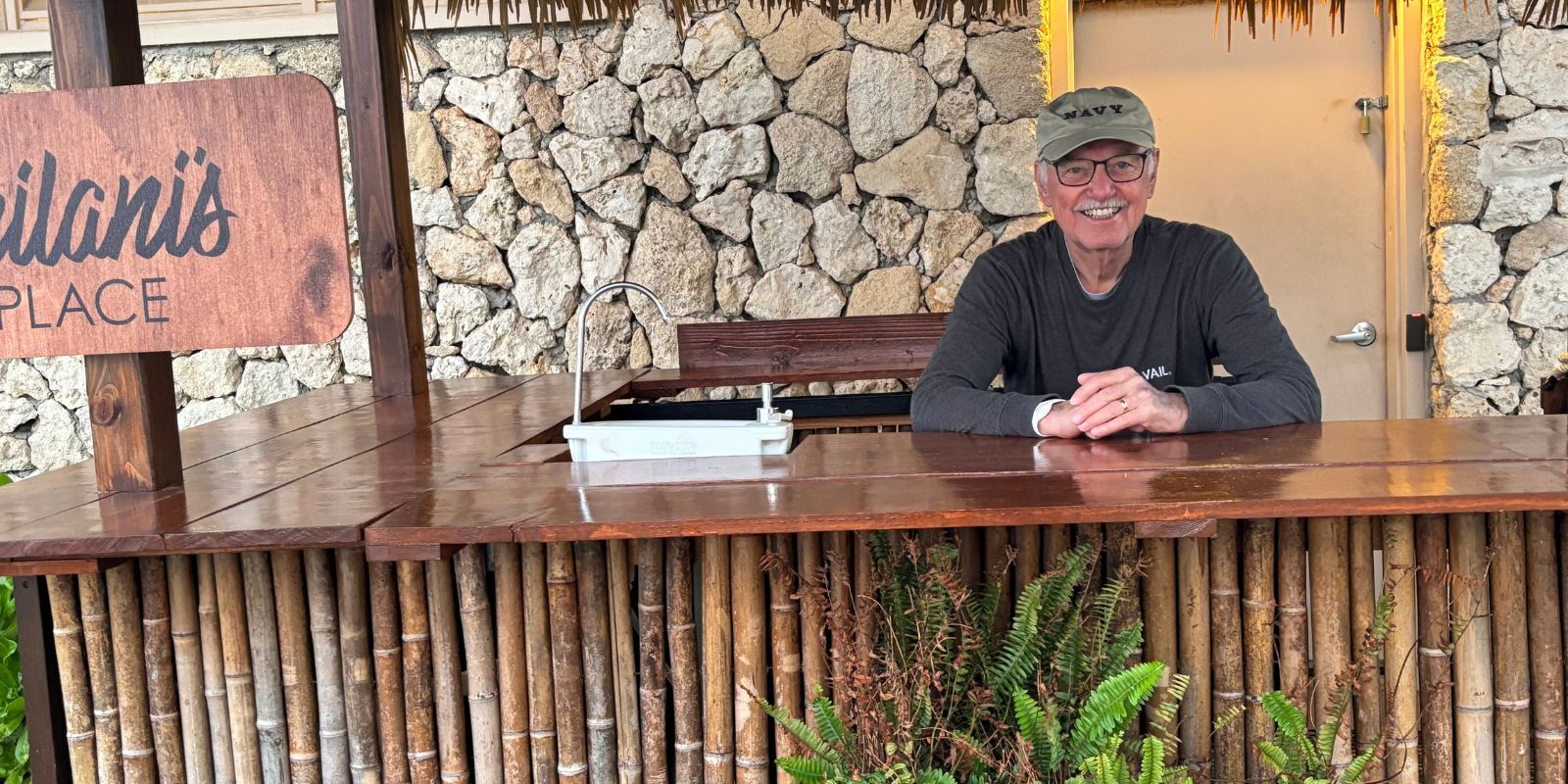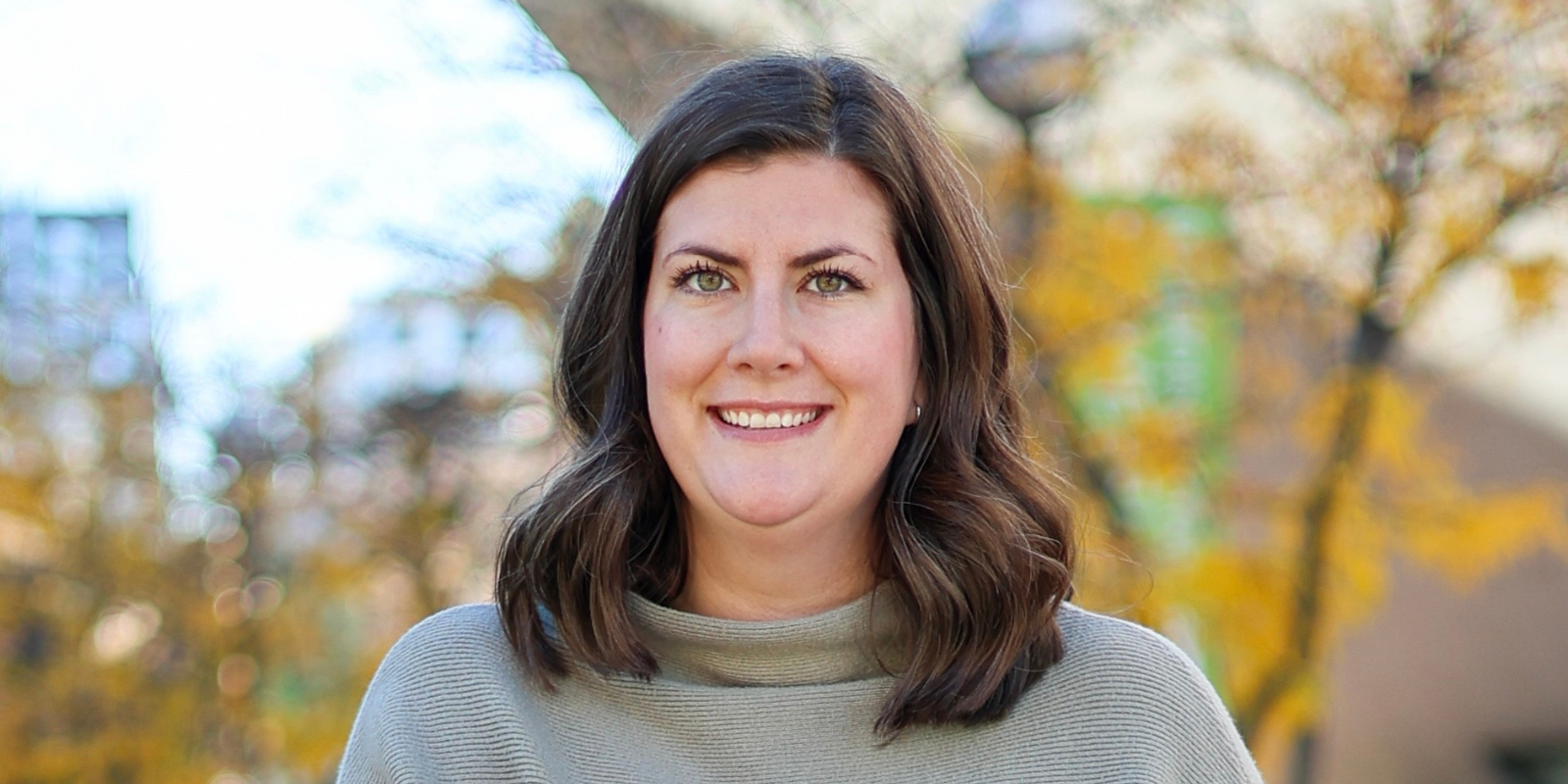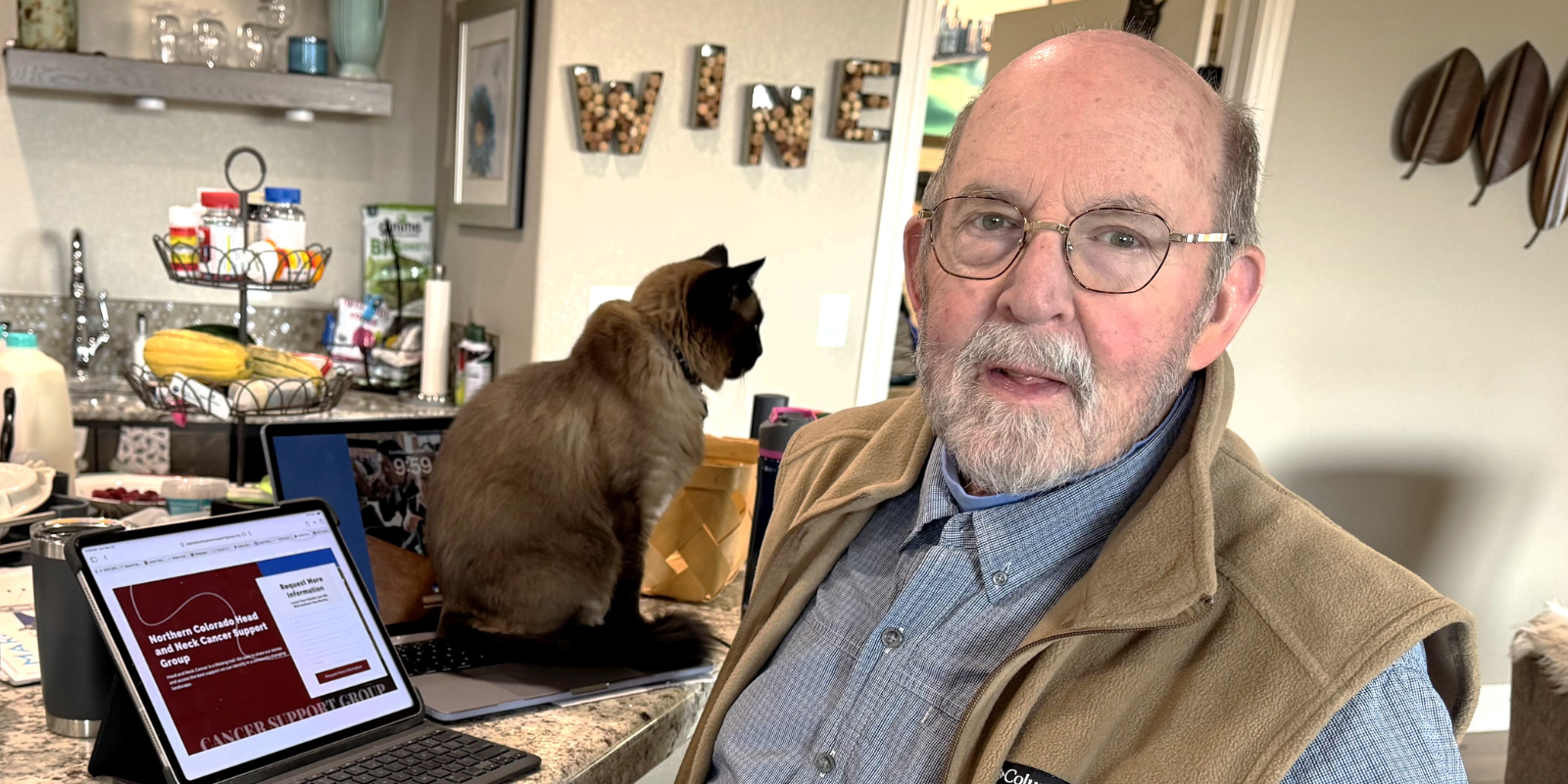When Myles Krick started his freshman year of college in fall 2021, he couldn’t help but look back to 15 years ago, when he received the brain cancer diagnosis that made his family worry he might not live long enough to go to college.
“It could have been so much worse,” says Krick, 20, an aerospace operations major at Metropolitan State University of Denver. “I'm really glad that I am where I am. Other kids who had the same cancer as me, and were my friends, don't have the same opportunities I do.”
Diagnosed after a fall
Krick was diagnosed with medulloblastoma at age 6, after falling while ice skating during a winter break trip to visit his grandparents. A head scan at the ER revealed the tumor, and two days later he underwent surgery to remove it. Radiation and chemotherapy followed to eradicate all traces of the cancer, but three years later, doctors discovered two new tumors.
“Everybody built up that hope that I was cancer-free,” says Krick, who grew up in the Denver suburb of Edgewater, “and then that hope was destroyed.”
Fortunately, when the cancer recurred, doctors were armed with new tools and new medications that helped his chances of survival after surgery, says Krick’s doctor Nicholas Foreman, MD, a University of Colorado (CU) Cancer Center member. An early form of genetic testing showed that Krick was a good candidate for a new immunotherapy drug, and it was that medication that saved his life.
“Surviving a recurrence like that is extremely rare. The extraordinary thing about Myles was that he was really saved by immunotherapy,” says Foreman, professor in the department of pediatrics at the CU School of Medicine. “He got high-dose therapy and stem cell rescue, but he was really saved by an immune reaction to a drug called Cetuximab, which is a monoclonal antibody. We try to provoke immune reactions by using drugs all the time, and we're usually not that successful. In Myles’ case, it was dramatically effective.”
Money for college
Krick’s education at Metro State is funded in part by a $5,000 grant from Northwest Mutual’s Childhood Cancer Survivor and Sibling Scholarship program, which is renewable for another $5,000 at the start of his sophomore year. That’s especially gratifying news to Foreman, who knows the cognitive effects medulloblastomas can leave behind.
“Having tumors of the brain sometimes can be really cognitively damaging,” he says. “To get Myles through so that he can actually actively use a scholarship is a real achievement on the part of all the people who cared for him, as well as his family.”
The Northwest Mutual scholarship program was created in recognition of the financial toll childhood cancer can take on a family. According to the Coalition Against Childhood Cancer, the average cost of battling childhood cancer for starts at $833,000 for one family, including medical costs and lost wages. Though Krick’s situation wasn’t as dire as some, he says he is grateful for the assistance as he begins to pursue his degree.
“We had a lot of good friends that helped us through those hard financial times when I was getting treated, but this really helped, not having to pay out of pocket for school,” Krick says. “Not having to think about money for college that first semester was really nice.”
Passion for planes
Krick has been interested in airplanes since he was young, dreaming of flying to far-off locations during his cancer treatments and as he was recovering from surgeries.
“I always wanted to be a pilot, but then I got cancer, and that went down the drain,” Krick says. “But I’ve always wanted to be around airplanes. I wish I could have picked up the passion of flying early and gotten it going, instead of having to be at the hospital. I would have loved to explore airplanes and live like a kid, rather than a kid with cancer in a hospital bed. The cancer made me mature faster, which is a good thing, but I wish I had had more childhood to live with.”
Krick still comes to the CU Cancer Center once a year for a multidisciplinary appointment where he meets with multiple doctors, but so far, he continues to be cancer-free. After graduation he looks forward to working in an airport as a ramp agent or in another support position. He knows he’s one of the lucky ones — both for surviving his cancer and for being able to follow his passion for flying.
“I’m really happy that I got the Northwestern Mutual scholarship to pursue my dreams at Metro,” he says. “It will help me on my path to becoming a working-around-airplanes guy.”




